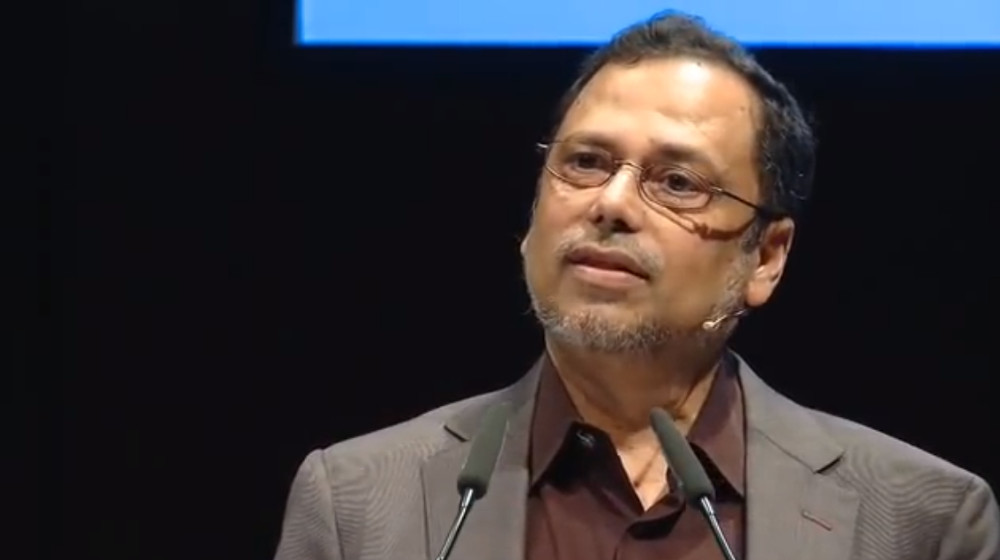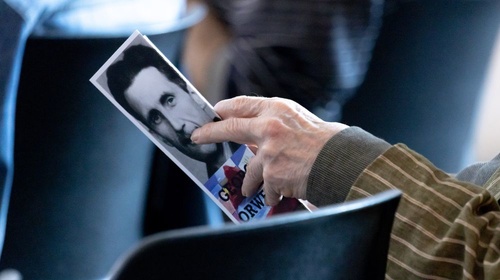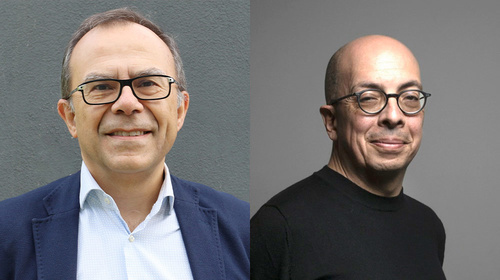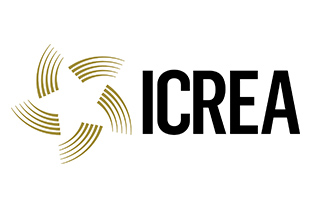HUMAN+
The Human Condition in the Anthropocene
Lecture by Dipesh Chakrabarty
Debate
Is the impact of climate change significant enough to change Earth’s geological history? Should we think about the effects of our actions as a civilisation, not in tens or hundreds, but in millions of years? The Anthropocene is a new concept in scientific debate which forces recognition of such questions since it implies that the consequences of global warming are great enough to make us to consider that, since the start of the Industrial Revolution, we have entered a new geological age. If this is the case, we would then have to think about our cultural history, as a civilisation, and our biological history, as a species that inhabits and acts upon the planet, as being inseparable, thus breaking away from the duality between nature and culture that has hitherto been central to our thinking. If the existence of a new era, the Anthropocene, is confirmed by scientific research, the temporal scale for measuring our history will have go back as far as that of the geological history of Earth.
Dipesh Chakrabarty is a Bengali historian, Professor of History at the University of Chicago and an eminent theorist in postcolonial studies. His recent research has been concerned with the concept of the Anthropocene.
Presented by: Peter Wagner, ICREA Research Professor in Social Sciences at the University of Barcelona.
This lecture is one of the preparatory activities that have been organised on the occasion of the exhibition “+Humans”.
Presenters: Peter Wagner
Participants: Dipesh Chakrabarty
This activity is part of HUMAN+, Climate change
Related contents
Dipesh Chakrabarty
The Human Condition in the Anthropocene
Dipesh Chakrabarty is a Bengali historian, Professor of History at the University of Chicago and an eminent theorist in postcolonial studies. His research has been concerned with the concept of the Anthropocene. The Anthropocene is concept in scientific debate which forces recognition of such ...








